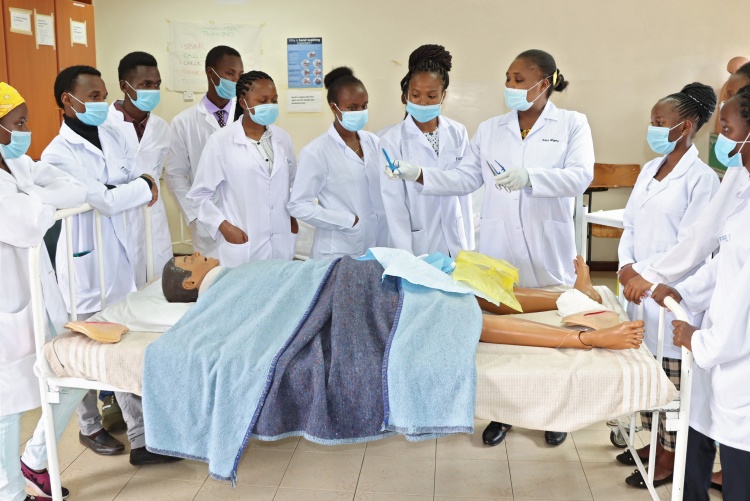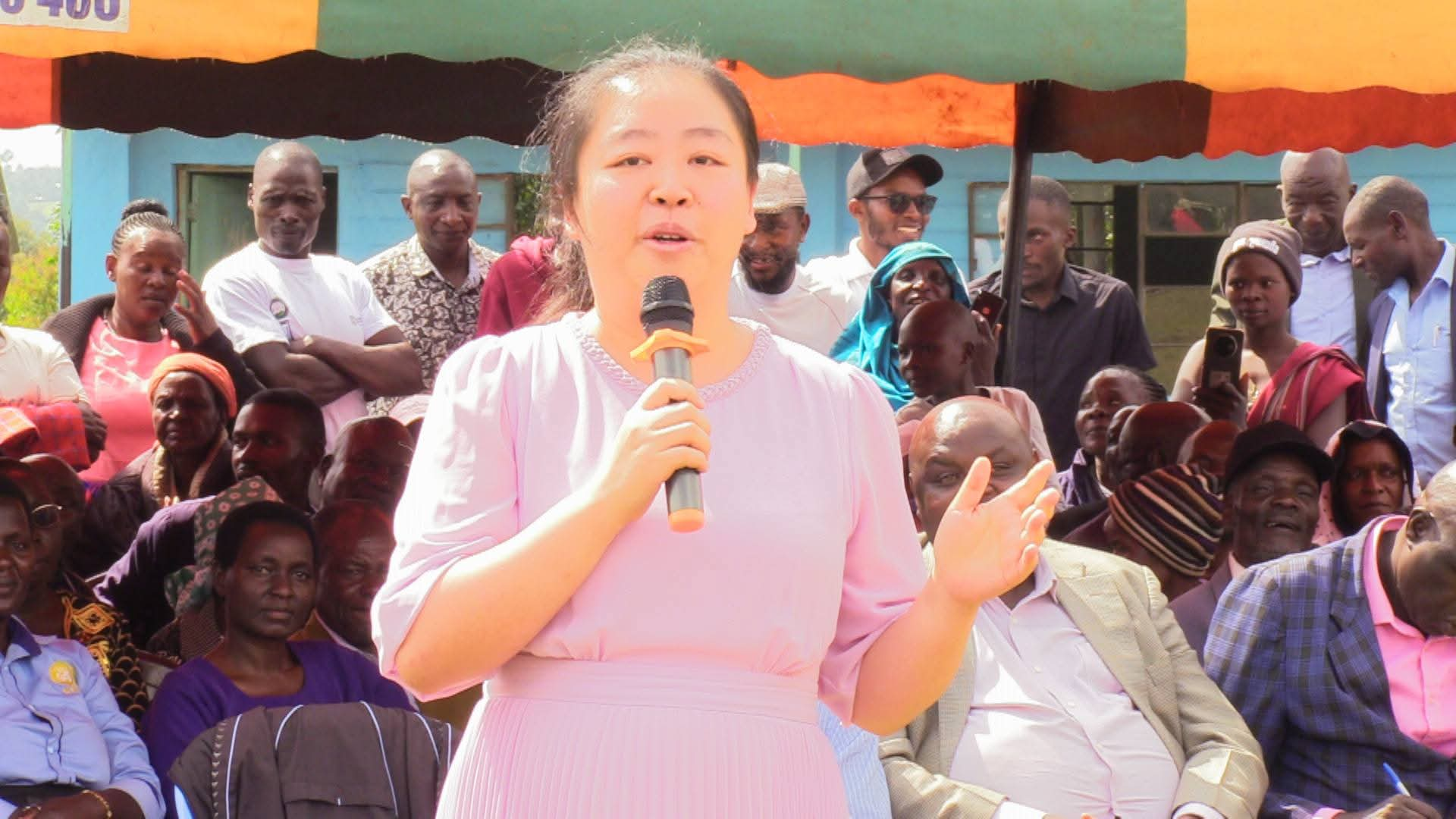The Nursing Council of Kenya (NCK) has announced new guidelines for the indexing of nursing and midwifery students, affecting trainees and training institutions both locally and abroad.
In a notice issued on August 25, the council said indexing, which is the formal registration and tracking of students pursuing nursing and midwifery qualifications, is mandatory and must follow clearly defined guidelines.
The rules have been divided into four main categories: basic programmes, upgrading programmes, higher diploma programmes and foreign-trained students.
For students in basic programmes within Kenya, training institutions are required to submit applications online, after which students must complete their indexing application and meet the set entry criteria provided on the NCK website.
Those in upgrading programmes, targeting qualified nurses or midwives advancing their studies, will follow the same process. Institutions must submit student details online, and trainees must complete their application and satisfy the entry requirements.
ALSO READ;
Red Cross recovers bodies of two boys who drowned in Meru dam
For higher diploma programmes in specialized fields, the council has outlined similar steps. Institutions will submit applications, students must complete their indexing and all candidates must meet the entry qualifications specific to each programme.
Students trained outside Kenya will undergo a more rigorous process. They are required to present a completed registration form, a verification statement from their training school and validation from their regulatory authority where applicable. They must also meet NCK’s training competency standards, seek recognition of qualifications through the Kenya National Qualifications Authority (KNQA) if needed, and provide certified translations of documents not written in English.
In addition, the council noted that holders of university degrees must seek recognition and equivalence of their qualifications from the Commission for University Education (CUE).
NCK said the changes are meant to streamline registration and ensure that all students meet professional and regulatory standards before joining the nursing and midwifery workforce.
By Benedict Aoya
You can also follow our social media pages on Twitter: Education News KE and Facebook: Education News Newspaper for timely updates.
>>> Click here to stay up-to-date with trending regional stories
>>> Click here to read more informed opinions on the country’s education landscape






